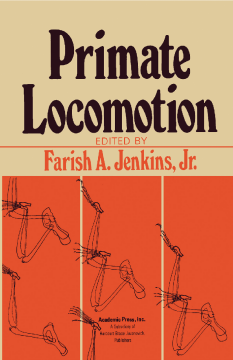
Additional Information
Book Details
Abstract
Primate Locomotion discusses researches on the concept of primate locomotion. It is organized into 11 chapters that cover biomechanical principles, which are the foundation of understanding of locomotor adaptations.
This book first gives an introduction to parallels and analogs between mammalian and mechanical structures. It then describes the mechanisms of arboreal mammal locomotion, as well as the behavioral observations and locomotor patterns of tree shrew. The jumping locomotion of Galago alleni and the role of wrist specialization in the locomotor evolution of the Hominoidea are also explained. The subsequent chapter discusses the relationship between the mechanical features of the scapula and shoulder region and the characteristics of locomotor behavior. A chapter also discusses the adaptive nature of postural behavior in quadrupedal primates, represented by the New and Old World monkeys.
Moreover, this book examines the morphological differences between living Insectivora, Carnivora, Primates, and the relevant known fossils of Cretaceous and Early Tertiary Eutheria. This is to evaluate the origins, evolution, and function of the Tarsus. Another chapter presents a functional analysis of most of the foot skeleton, primarily, the Lemuriformes. The concluding chapters deal with electromyographical studies on gorillas; the mechanics of knuckle-walking; the theories on hominoid phylogeny; and the locomotor adaptations in prosimians.
This text is intended not only for researchers dealing with primate locomotion, but equally for students and others who share an interest in mammals and locomotor adaptations.
